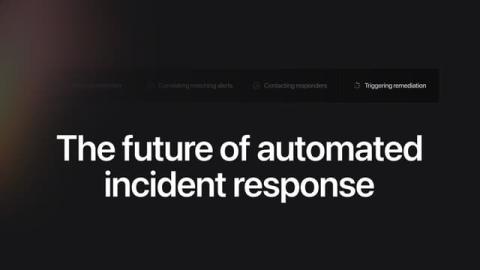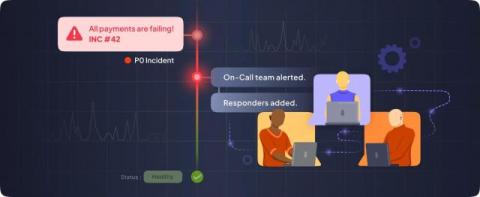Streamline IT incident response with the latest BigPanda features
Machine-generated data has exceeded human scalability, straining L1 Ops and Service Desk team resources. Fragmented data across tools, teams, and silos hinders situational awareness, delaying each action – from detection to remediation, making prevention increasingly unattainable. The latest BigPanda updates enhance ITOps and ITSM team efficiency throughout the incident lifecycle.










